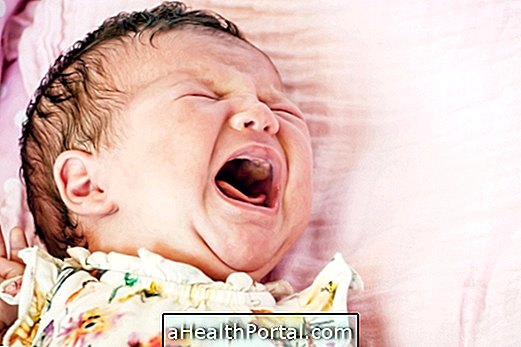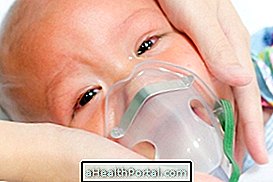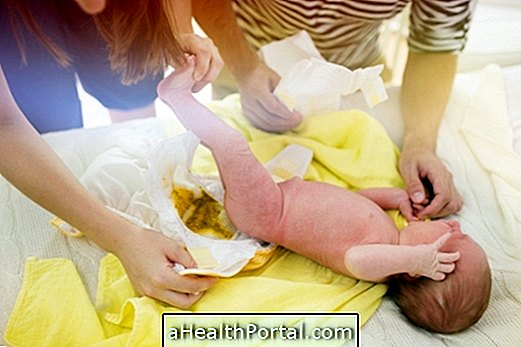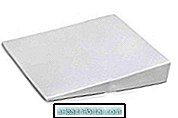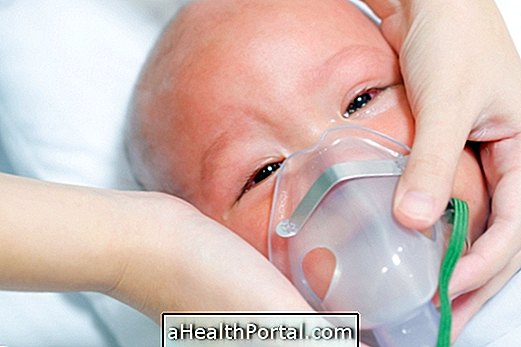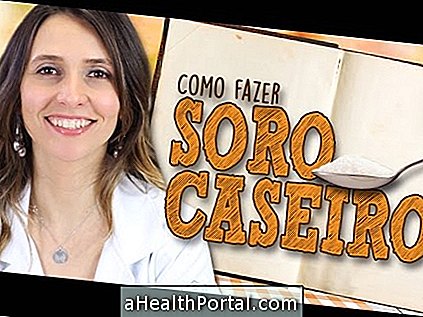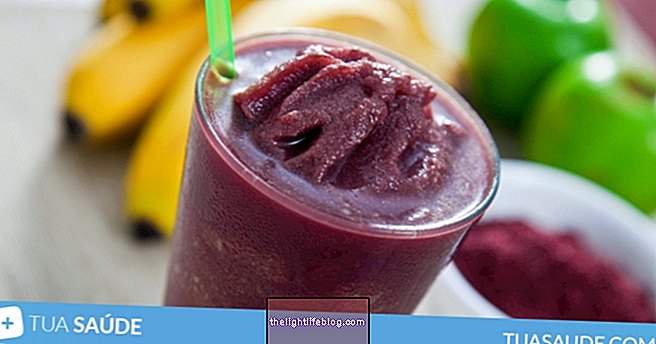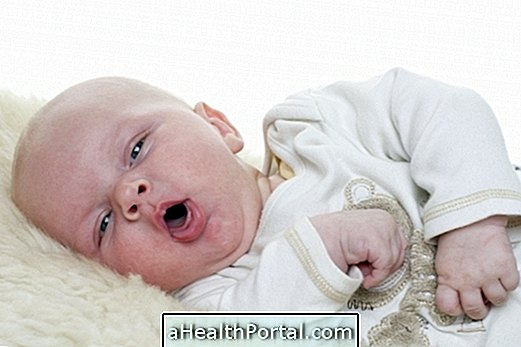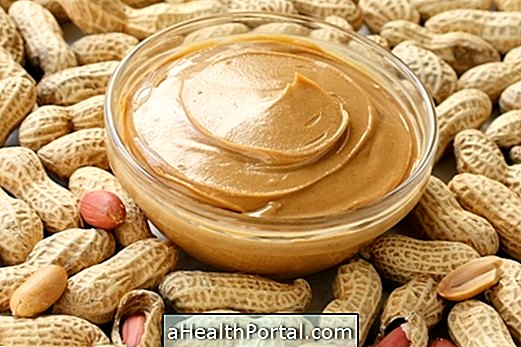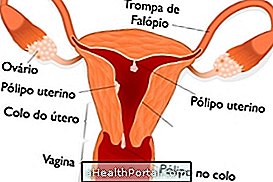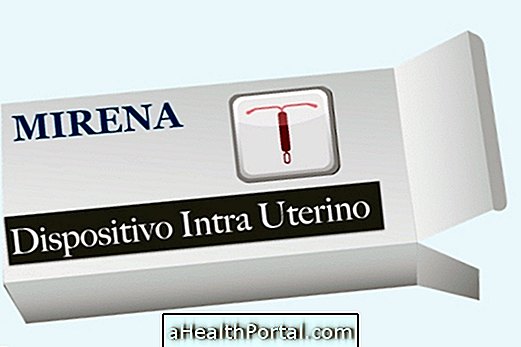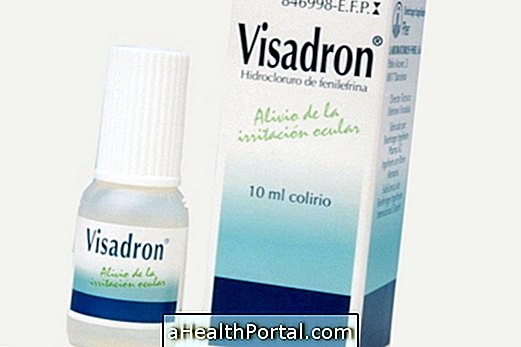Treatment for rotavirus, which causes rotavirus, involves the use of medications such as Paracetamol and Ibuprofen in doses taken to reduce fever, and home-made measures to ensure that the child does not become dehydrated.
For this you only have to offer plenty of water, re-moisturizing serum, coconut water, lemongrass / camomile tea with little sugar.
The food should be light and can be made with gelatine, vegetable soup and chicken soup, for example.
It is normal for the baby and the child to lose appetite and do not want to eat anything but it is important to provide liquids and food in small amounts several times a day. Do not expect the child to eat too much at one time, because the most common is to eat 3 or 4 tablespoons at a time.
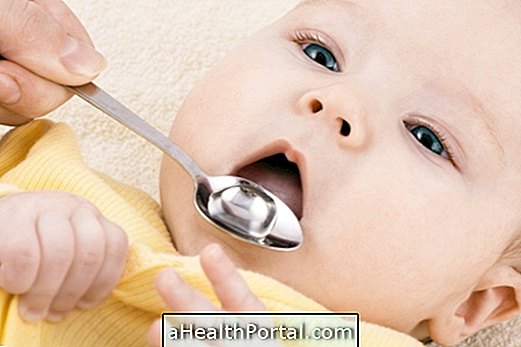
Rotavirus is a type of common virus in infants and children up to 2 years of age, which causes severe diarrhea and vomiting, which can last for a few days, preventing them from going to day care or school. Know your symptoms and way of contamination. But it is a self-limiting picture, that is, improvement over time, and does not require specific treatment.
Remember that it is important not to force your child to eat because vomiting is frequent, so it is best for her to have something to eat and for the parents to make sure she has something in her stomach during the day.
After each meal, an episode of diarrhea is normal, so the child becomes very sensitive and may cry because they feel uncomfortable with the situation. The ideal is that during rotavirus and those responsible are very close to the child, giving all the care that she needs.
Learn how to prepare homemade whey at home in the following video with nutritionist Tatiana Zanin:
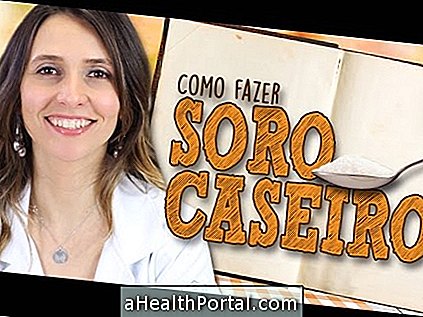
Parents and siblings can also get sick
The child with rotavirus should not be in contact with other children and should not go to day care or school. When siblings are indoors it is common for everyone to be infected and sick at the same time. However, babies born up to 3 months of age tend to be asymptomatic or manifest as mild with little diarrhea and even without vomiting.
In addition, it is common for parents, or at least the guardian, who is caring for the child, also to be contaminated. However, in adults the disease manifests itself mildly and there may be only stomach pain or in the abdomen and there is not always vomiting or diarrhea.
Warning signs to return to the doctor
You should bring the call to the pediatrician or take your child to the doctor or directly in the hospital if:
- Diarrhea or vomiting with blood;
- The child sleeps a lot or looks like he just wants to sleep;
- The child refuse any kind of liquid or food;
- Observe signs of dehydration;
- Chills;
- Seizures due to high fever.
Signs of improvement
Signs of improvement usually appear after the 5th day, when episodes of diarrhea and vomiting begin to subside. Gradually the child begins to become more active and is more interested in play and talk which may indicate that the concentration of virus is decreasing and so it is getting cured. Although healing is more common after the 8th day.
The child may return to school or day care after spending 24 hours feeding normally without any episodes of diarrhea or vomiting.
Do vaccinated children also get sick?
Even after the rotavirus vaccine is taken, the child can be infected and manifest the symptoms of this disease, only in a milder way. The vaccine protects against several strains of different viruses, it is part of the basic vaccination schedule in some countries. In countries where it is not in the National Vaccination Plan, it is recommended by pediatricians to prevent the child from developing the most intense form of the disease, which causes severe diarrhea and vomiting.
